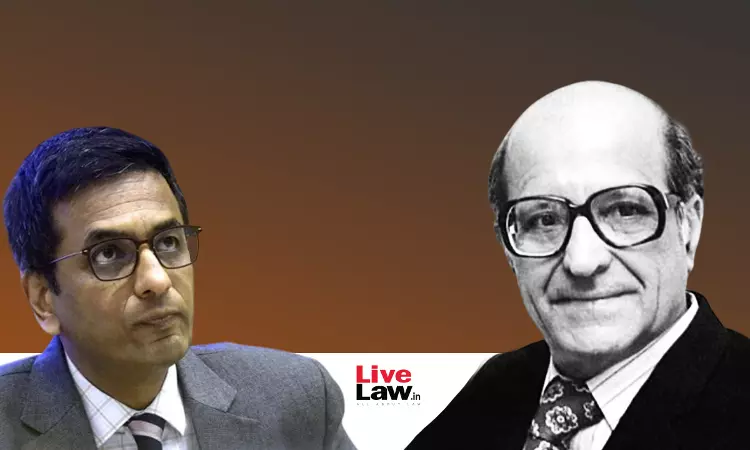Basic Structure Doctrine A North Star Which Guides Interpretation Of Constitution : CJI DY Chandrachud
Sharmeen Hakim
21 Jan 2023 5:31 PM IST

Next Story
21 Jan 2023 5:31 PM IST
Chief Justice of India Dr DY Chandrachud has called the ‘basic structure doctrine’ a north star “which guides and gives a certain direction to the interpreters and implementers of the Constitution when the path ahead is convoluted.” The basic structure doctrine had evolved in the celebrated 13-Judge Constitution Bench judgement of the Supreme Court almost five decades back....
